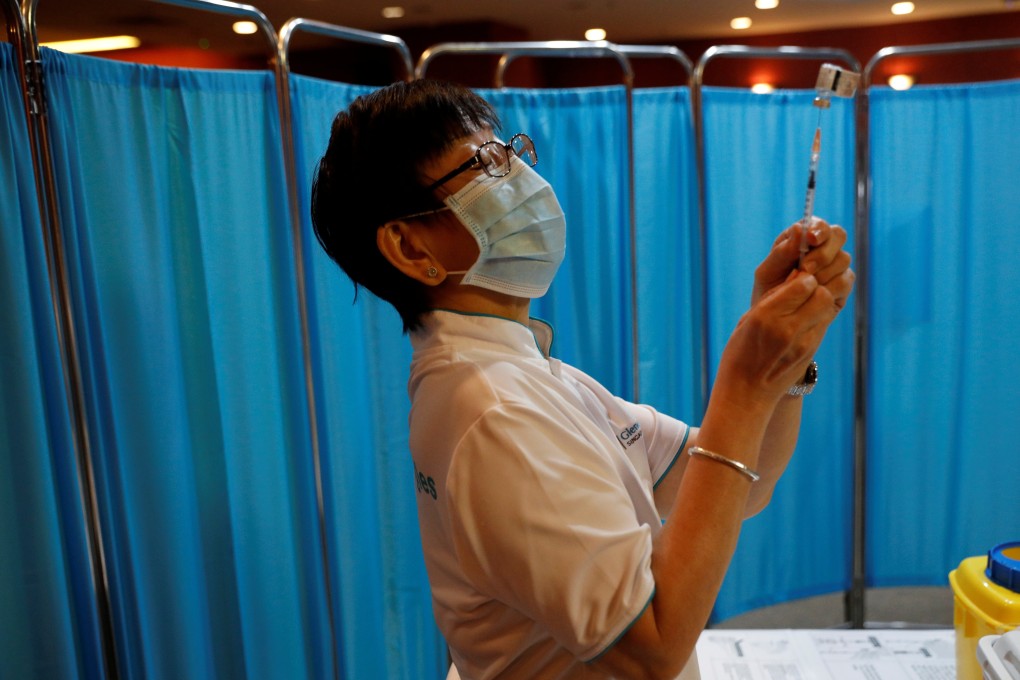As Covid-19 crisis shows, sovereign wealth funds have a role that goes beyond providing money
- Singapore’s Temasek is one of several government funds to go beyond their traditional mandate and fight the pandemic, not just by investing in the search for a vaccine, but also by supporting the production of medical goods
- As Hong Kong prepares to launch its own Growth Portfolio, it needs to consider if there’s a larger firefighting role for public investors in a crisis

Covid-19 has brought many challenges to the global public sector, among them a need to rethink whether firefighting roles and responsibilities in a pandemic should hinge on a conventional understanding of labour division. Such thinking suggests that while each department should do its part, health officials ought to lead us out of the coronavirus pandemic.
In fact, in the rarefied world of government funds, some argue that public investors should focus solely on investing, not only because managers prefer to do what they are trained in, but also because it is likely to result in better financial performance.
One public investor that does not share this mentality is Singaporean investment firm Temasek, which went “all out” to fight the virus, according to a recent study published by the Asia Business Council and the Hong Kong University of Science and Technology, as part of a project analysing how council members have responded to the pandemic. [Temasek Holdings chairman Lim Boon Heng is also the Asia Business Council chairman].
Not only does Temasek’s investment portfolio include biotech companies like BioNTech and Tychan that are developing a vaccine and a monoclonal antibody treatment, the fund is also engaged in more traditional philanthropic activities. It distributed masks and hand sanitisers, has rolled out food aid programmes and created a web portal to provide mental health support.
In addition, Temasek’s decades of capacity-building in Singapore and international networking meant it could ramp up local commercial production of Covid-19 diagnostic kits.
When it became clear that swabs would run out, for example, Temasek turned to its portfolio company that was engaged in the 3D printing of swabs with the University of California San Diego. After developing prototypes in labs, Temasek worked with local hospitals, universities and production partners to develop manufacturing capabilities in Singapore.
